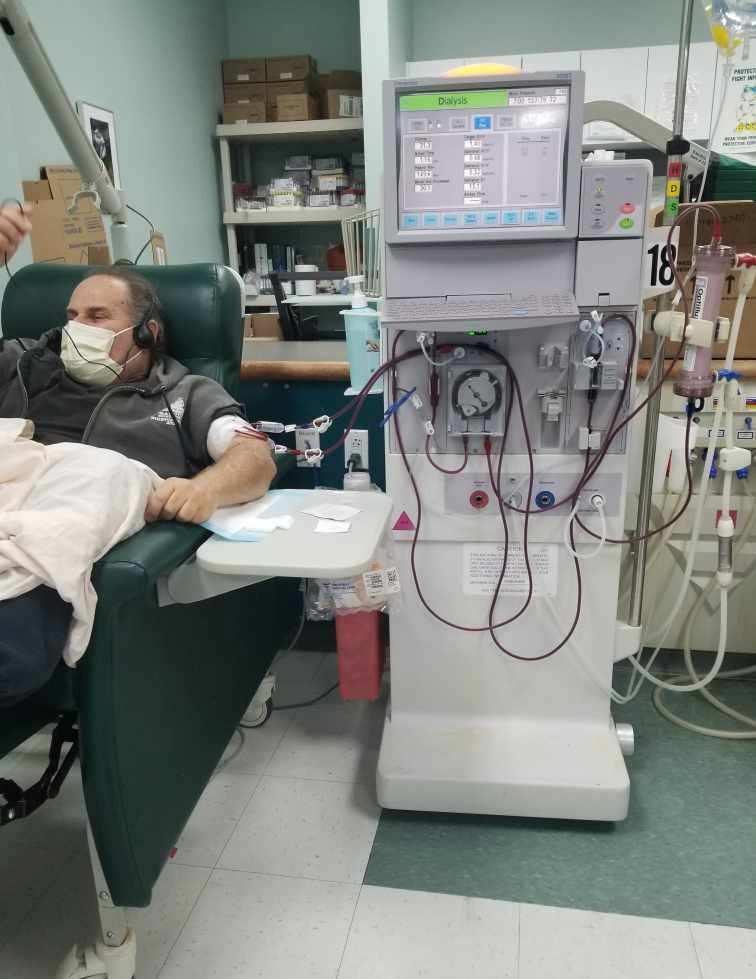The Impact of Covid-19 On People Living With Diabetes Contributed by HPIP Dr. Otis W. Kirksey Director, National Diabetes Initiative Ahmed Temple No. 37 Tallahassee, Fla. The Coronavirus Disease 2019 (COVID-19) is a new strain of coronavirus that has not been previously identified in humans. Coronaviruses are a large family of viruses that are known to cause illness ranging from the common cold to more severe diseases such as Severe Acute Respiratory syndrome (SARS) and Middle East Respiratory Syndrome (MERS). The COVID-19 pandemic resulted from an outbreak of respiratory illness first detected in Wuhan, Hubei province, China. The disease is 10 times more lethal than the common flu and is characterized by symptoms that include: cough, fever, headache, new loss of taste or smell, repeated shaking with chills, sore throat, shortness of breath and muscle pain.
There have been over six million people infected with COVID-19 in the United States and more than 185,000 deaths. According to the Centers for Disease Control and Prevention (CDC), older adults and people of any age who have serious underlying medical conditions are at significantly high risk for experiencing more severe complications resulting from COVID-19 infection. People living with diabetes, particularly poorly controlled diabetes, are a part of this high-risk group. The following are some important key points and recommendations people living with diabetes should consider regarding COVID-19: 1. People with diabetes experience higher glucose levels than normal during infections whether viral or bacterial. This is primarily due to hormones released when the body is under stress. Therefore, it is critical to keep a close watch on glucose levels through regular monitoring. Patients experiencing two or more high glucose readings (240 mg/dl or higher) should monitor for ketones. If medium to large ketones are measured, patients should contact their primary care provider immediately. 2. Patients should continue to take their diabetes medications, even when experiencing decreased appetite unless otherwise instructed by their primary care provider. The Desert of Florida’s Oasis Magazine
7






























